When I say botanist, you might think of a white-bearded man scampering around the woods collecting flowers. Maybe you think of a slightly nutty woman a la Professor Sprout in Harry Potter. Or perhaps you just shrug at me. What is a botanist and what do botanists do?
The short answer is that botanists are scientists who study plants. They generally have a degree in biology, botany, or a related field from a university if they’re involved in research. That said, some plant specialists may not be classically trained in the sciences if their focus is more on traditional medicine or cultivation.
While many people think of field botanists – the guys who collect plants in the wild – there are many types of botanist that research all aspects of plants. Botanists study crop cultivation, the microbiology of plants, chemical properties of plants, plant anatomy, soil erosion, medicine, plant-animal and plant-plant interactions, and much more.
Botanists Do More Than Just Look at Plants
Plant scientists might study subjects such as:
- Which plants have medicinal properties?
- How can we help useful plants grow more efficiently?
- How can we control invasive species?
- What plants will be most beneficial to this soil, farm, or hillside?
- How do some plants survive extreme climates?
- What strains of a given plant will produce the most food fiber for humans?
- What pollinators are most reliant on this plant?
- What’s the relationship between a given plant and another organism?
In short, botanists study a wide range of interesting topics. They don’t spend all day just rehearsing the steps of photosynthesis, nor do they all spend months at a time researching rare plants in remote parts of the world.
Since life on earth couldn’t exist without the support of plants, it’s incredibly important to understand the plants around us. Plants feed almost all life on earth, whether they fuel the growth of a prey animal or are directly eaten in your salad. The main notable exceptions to this rule are thermophilic bacteria in hot springs and certain animals in the deep sea. Otherwise, all life on earth relies on plants.
Amazing Recent Discoveries in Botany
Botanists haven’t just stopped researching plants now that we’ve cataloged almost all of the plants on the face of the earth. They’re moving on to all sorts of exciting discoveries in the world of plants.
For example, recent research by botanists revealed that:
- Native California wildflowers can save their seeds during drought, allowing them to spread their seeds when the climate is better suited to seedling growth. This helps the native plants beat out invasive and non-native species of grass.
- Parasitic plants can control the genes of their hosts. Using microRNA, the parasitic plant Dodder can hack its host’s genes. This allows Dodder to “turn off” that plant’s defense mechanisms and steal its nutrients more effectively.
- Plants can learn via classical conditioning. Using clever experiments, scientists discovered that they could “train” pea plants to turn towards a fan if the plants learned that the fan’s wind predicted sunlight. The botanists also demonstrated that Mimosa plants, which fold up at the sign of danger, can learn to ignore a harmless drop after enough repetitions.
- A moss in Sweden can remove arsenic from water. The floating moss binds arsenic to its tissue, pulling the arsenic from the water and trapping it within the moss. You certainly don’t want to eat this moss, but it’s got a lot of potential as a way to clean contaminated water!
- Rare plants might be doing better than we think. Several botanists “met” on Twitter to identify a rare plant in Pennsylvania. This accidental discovery was the first time that the rare plant was recorded that far north. The discovery shows that this plant is actually a bit more abundant than we thought.
That’s a pretty impressive list for a bunch of plant geeks! Botanists have incredibly useful jobs as they help us better understand the plants around us.
What other recent discoveries have there been in botany? We love hearing more about what botanists do!
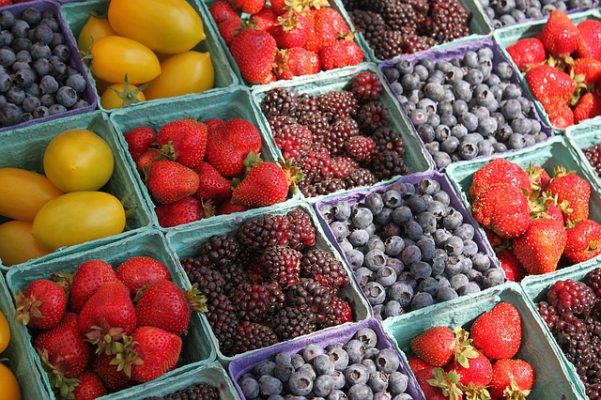
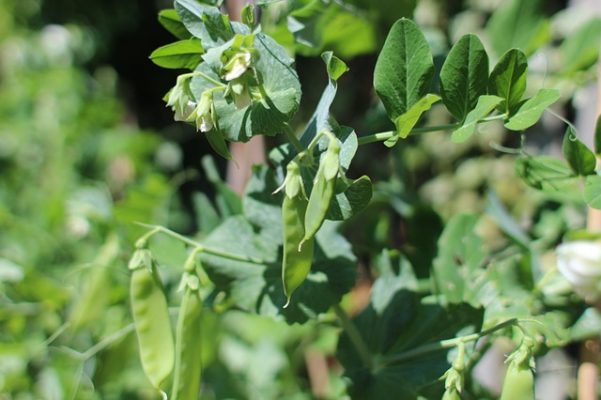
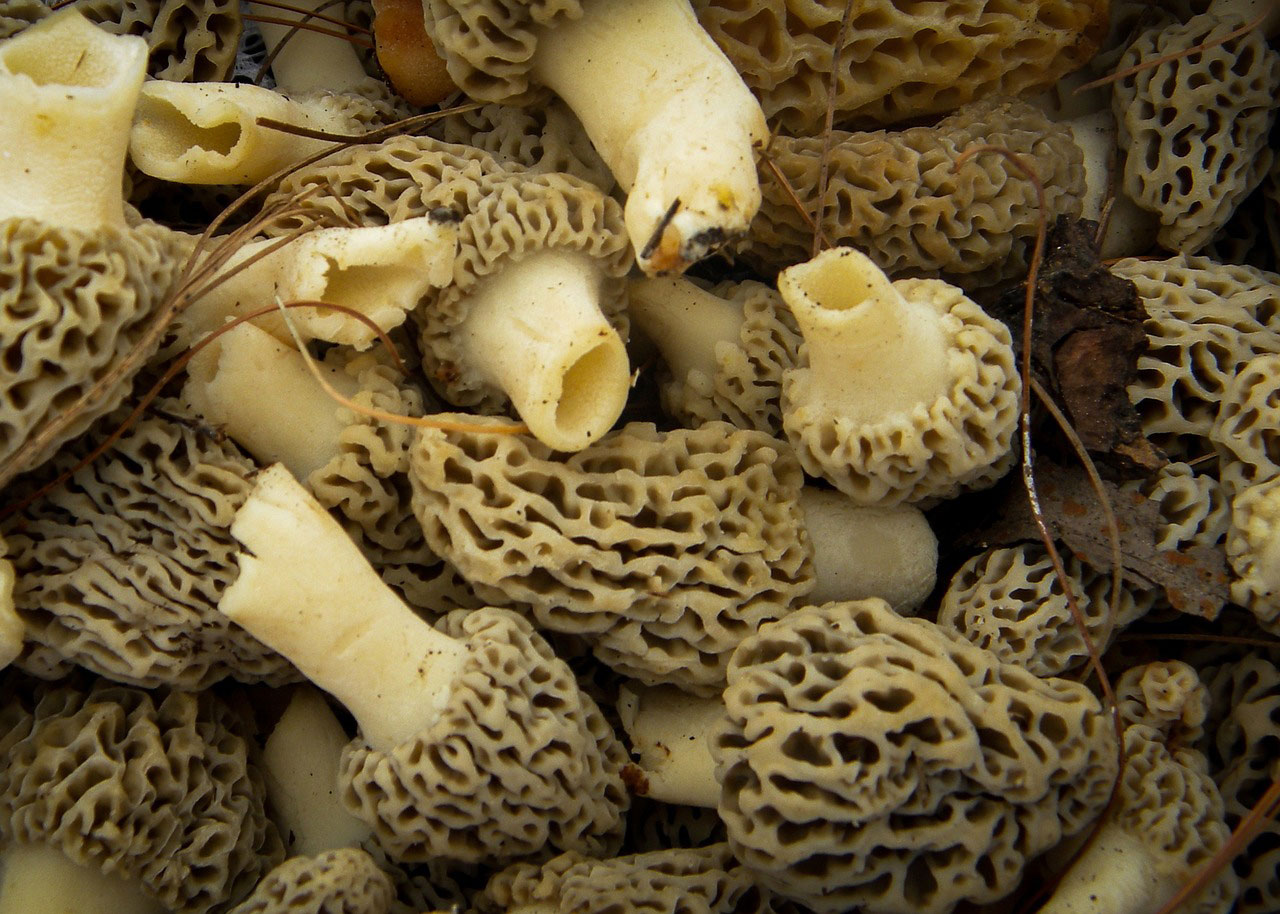
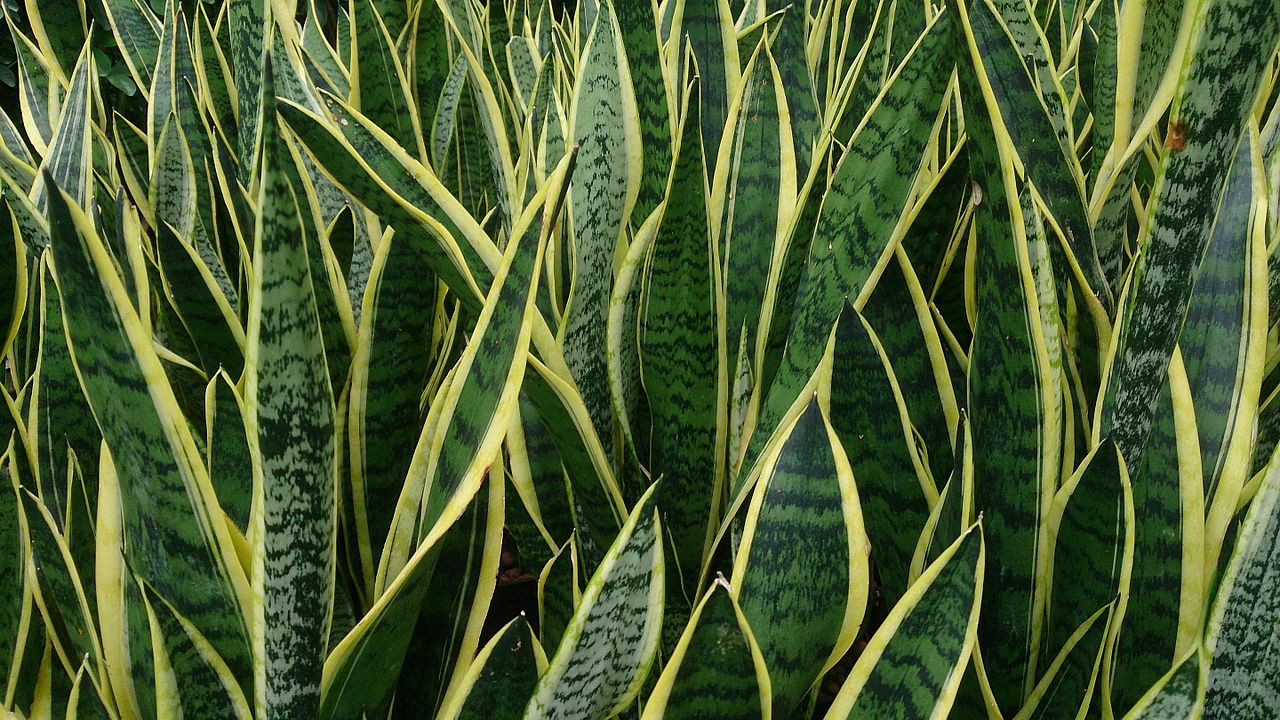
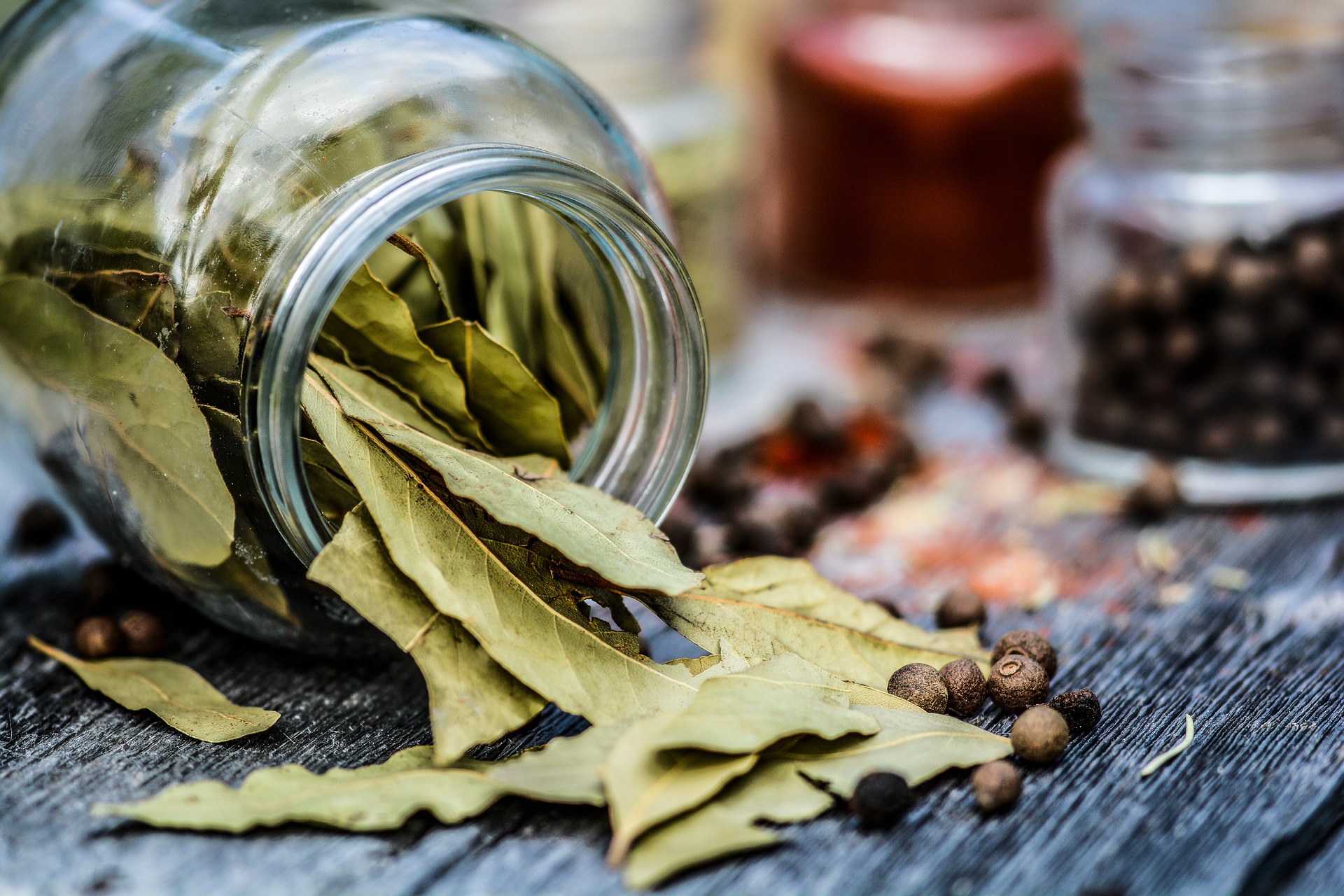
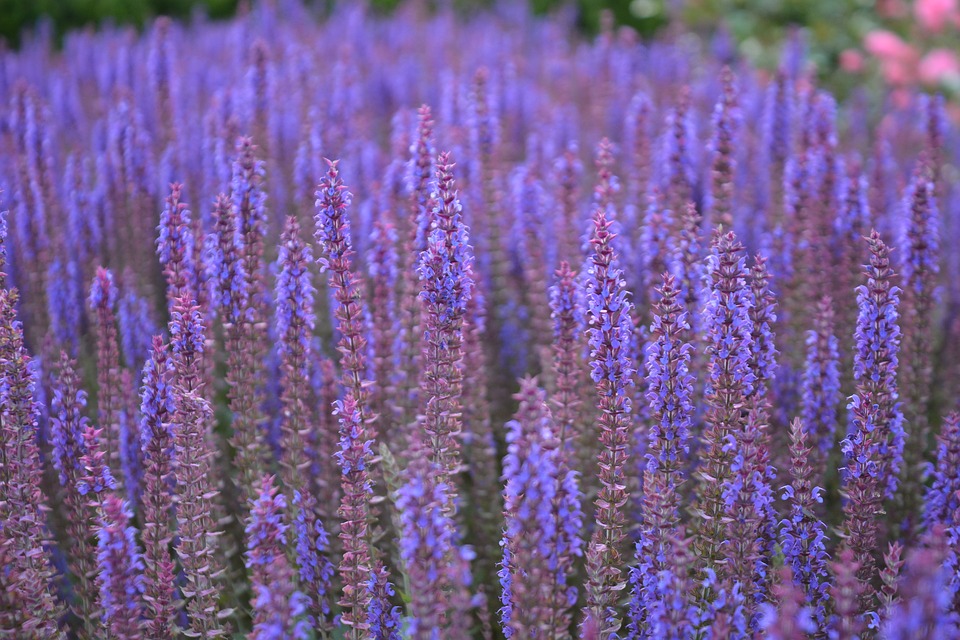
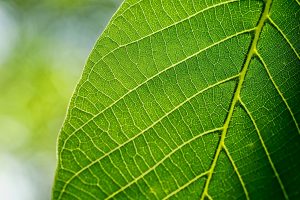
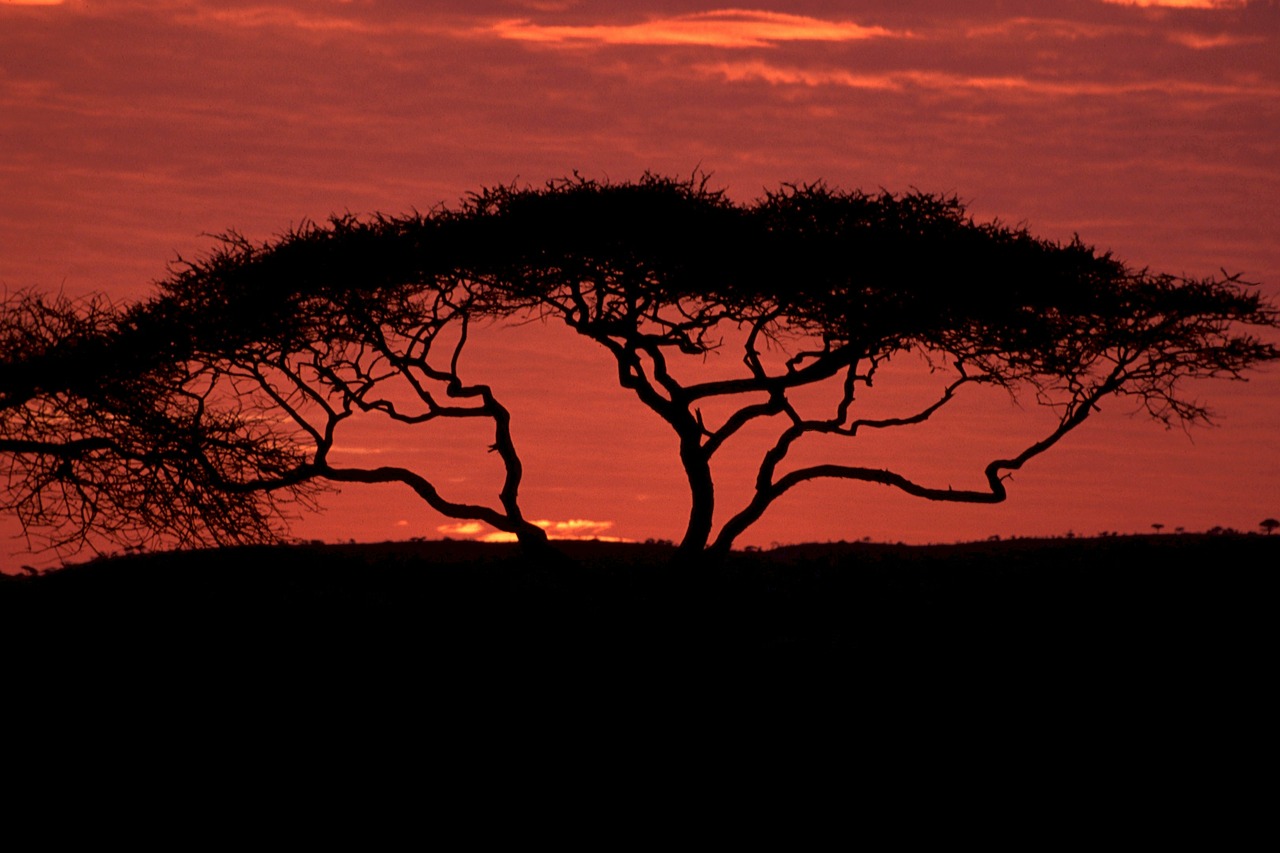
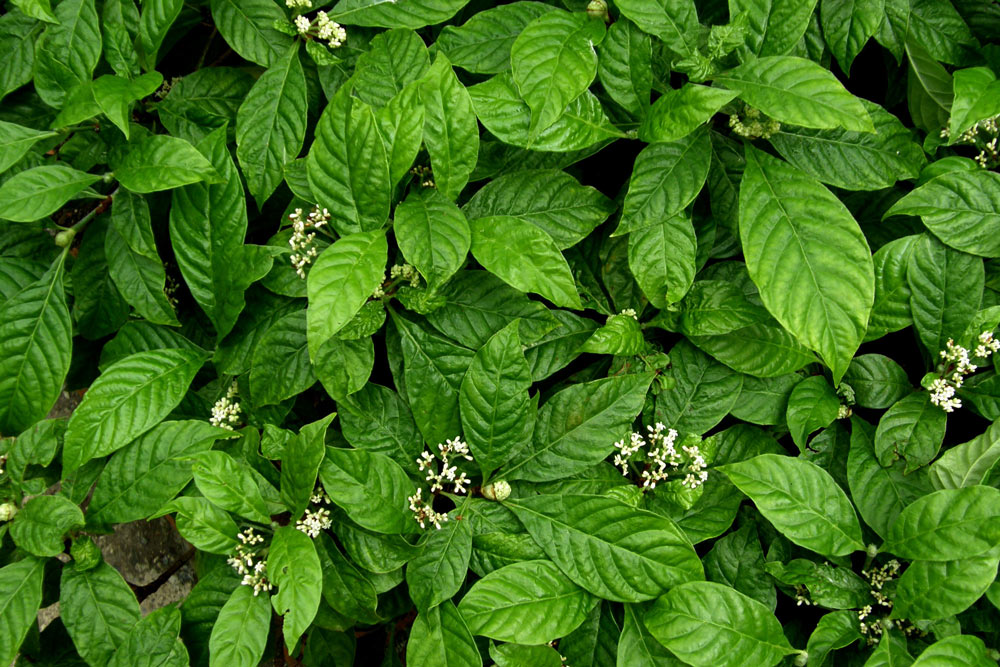
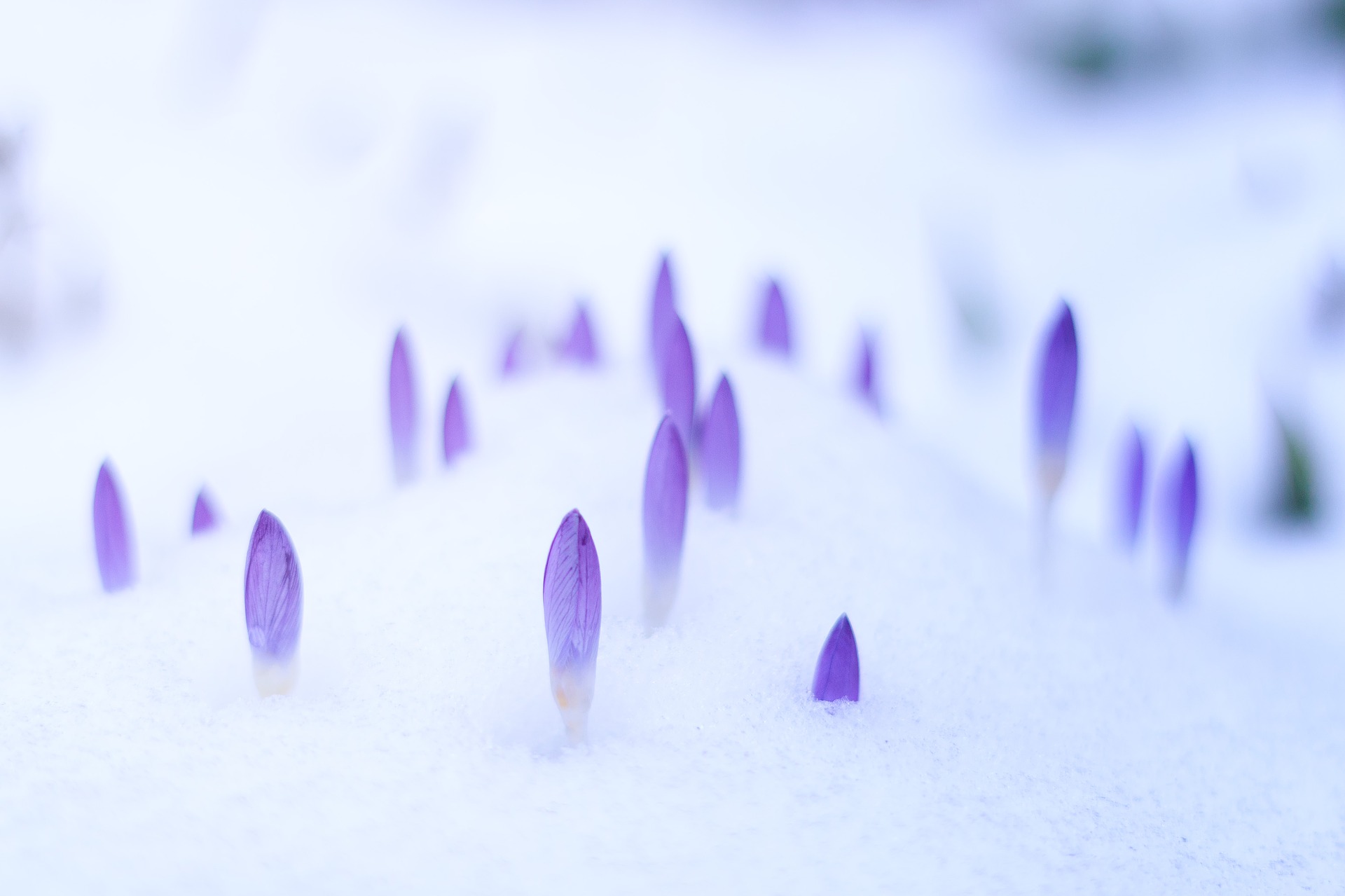
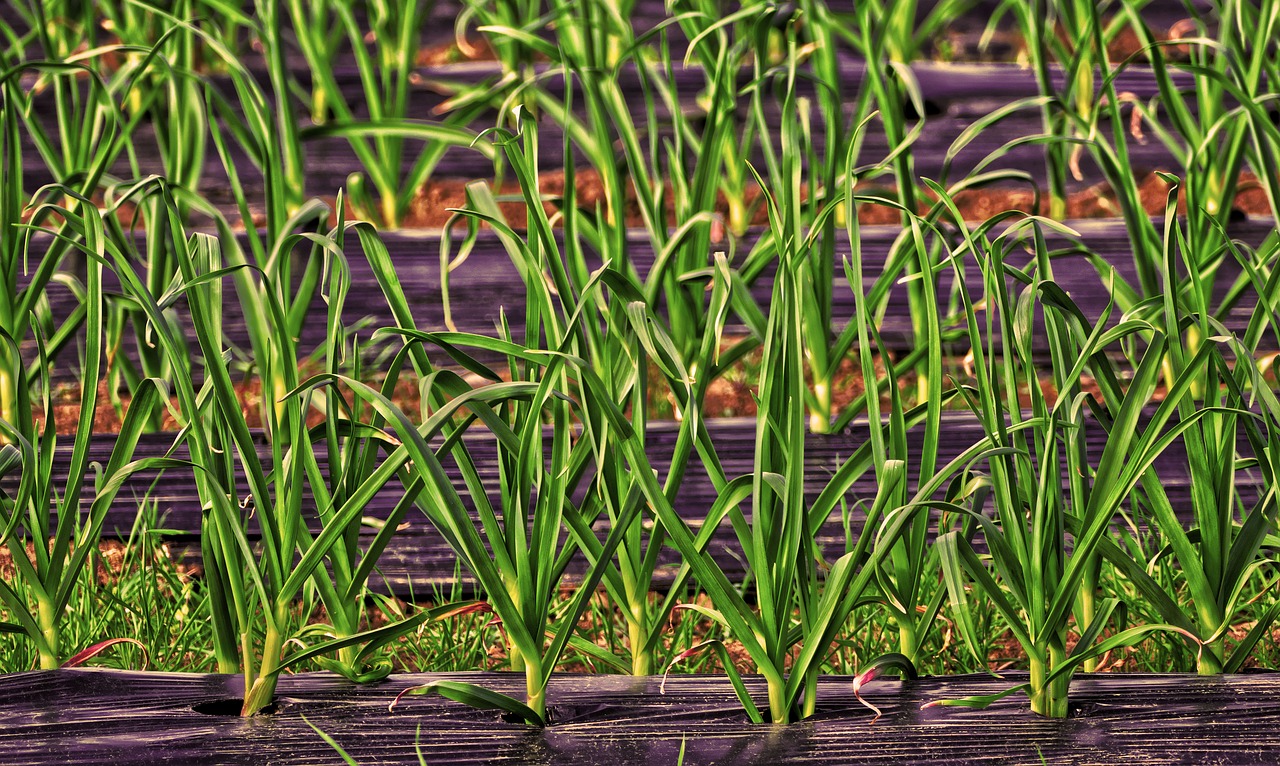
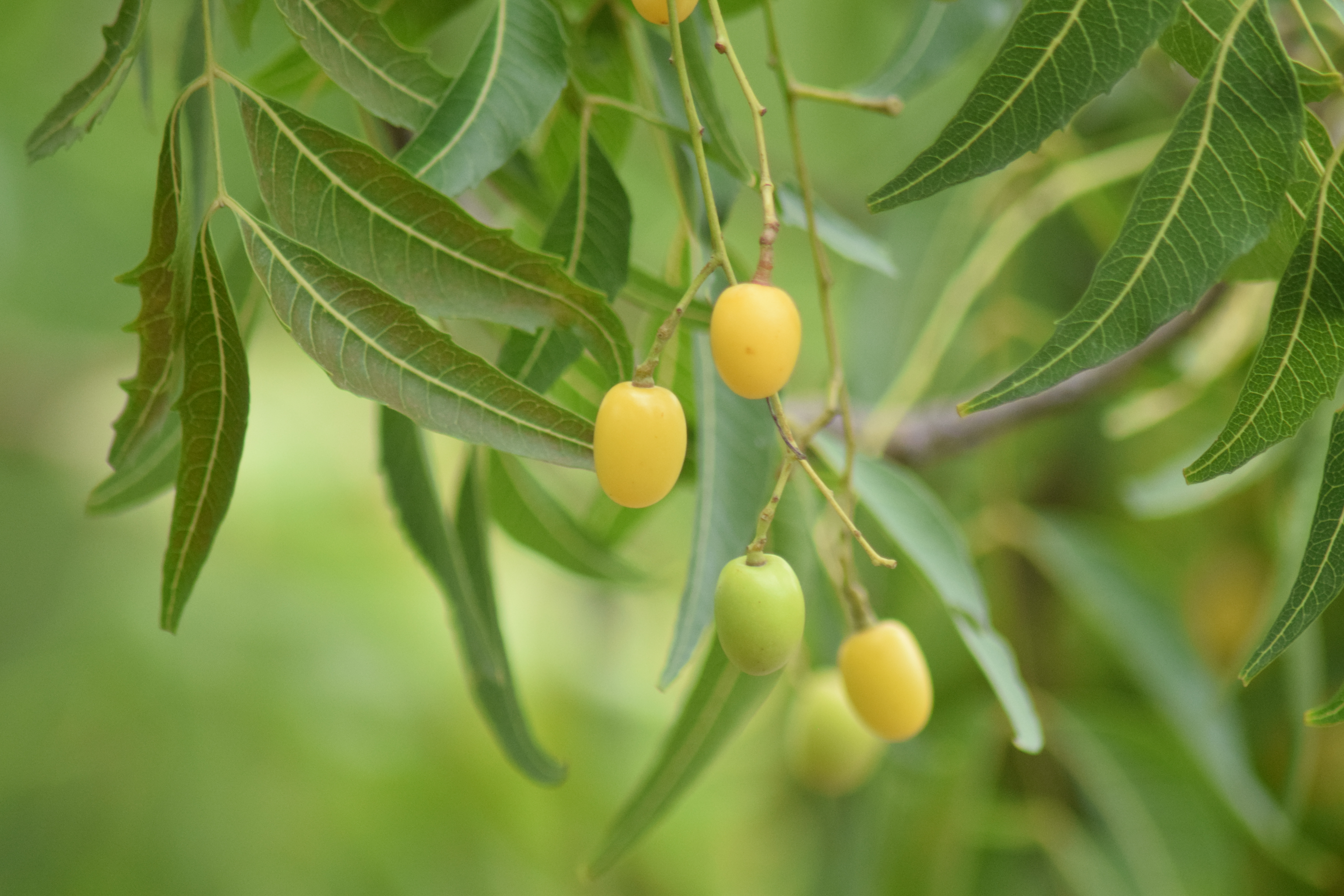
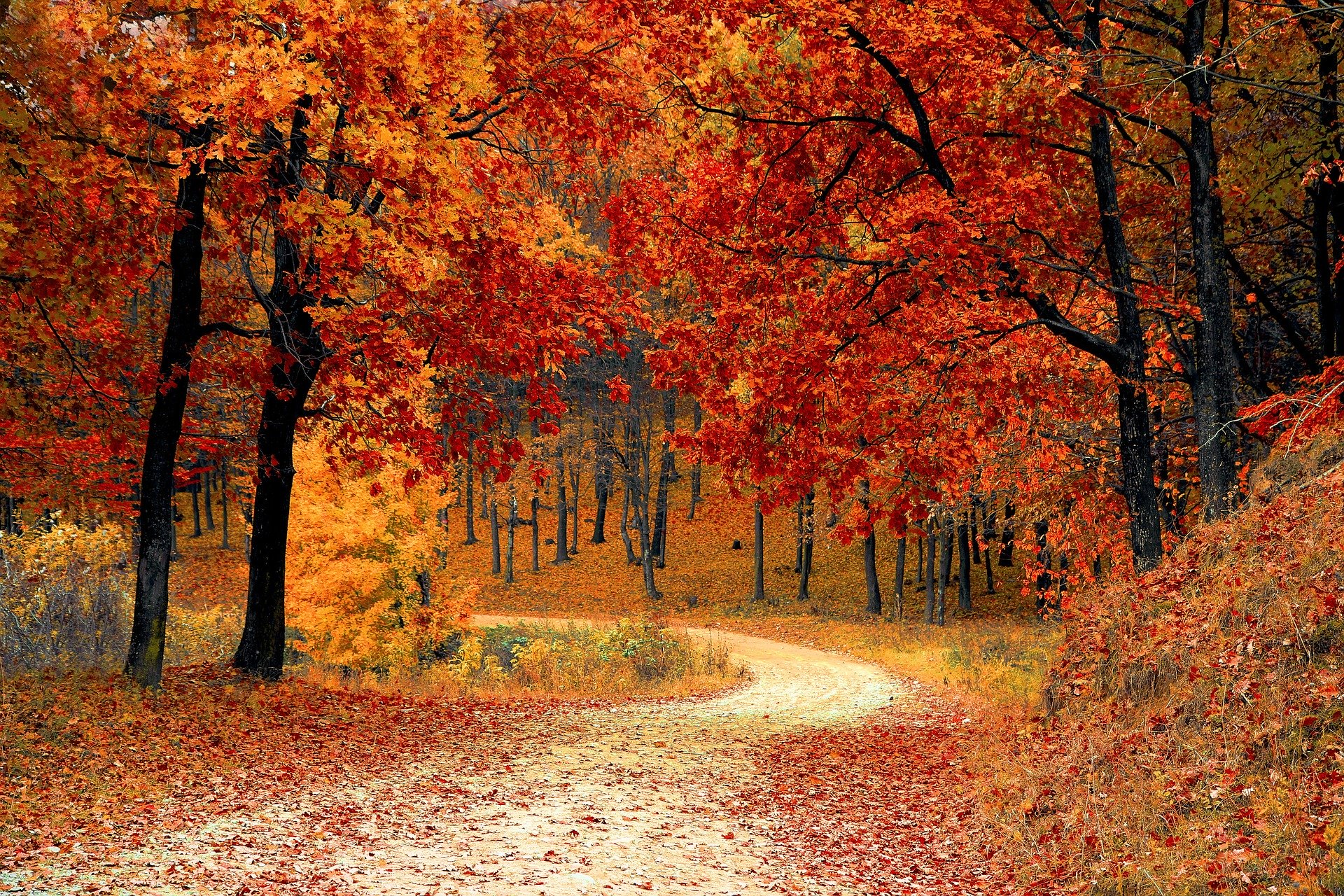
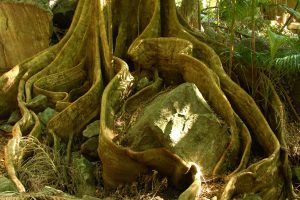
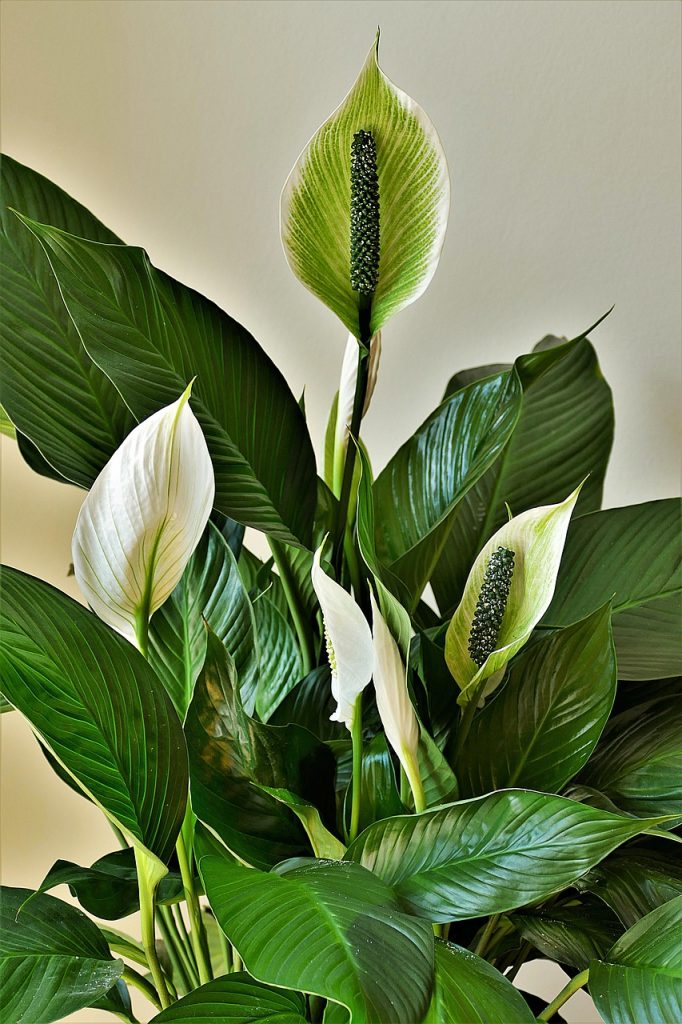
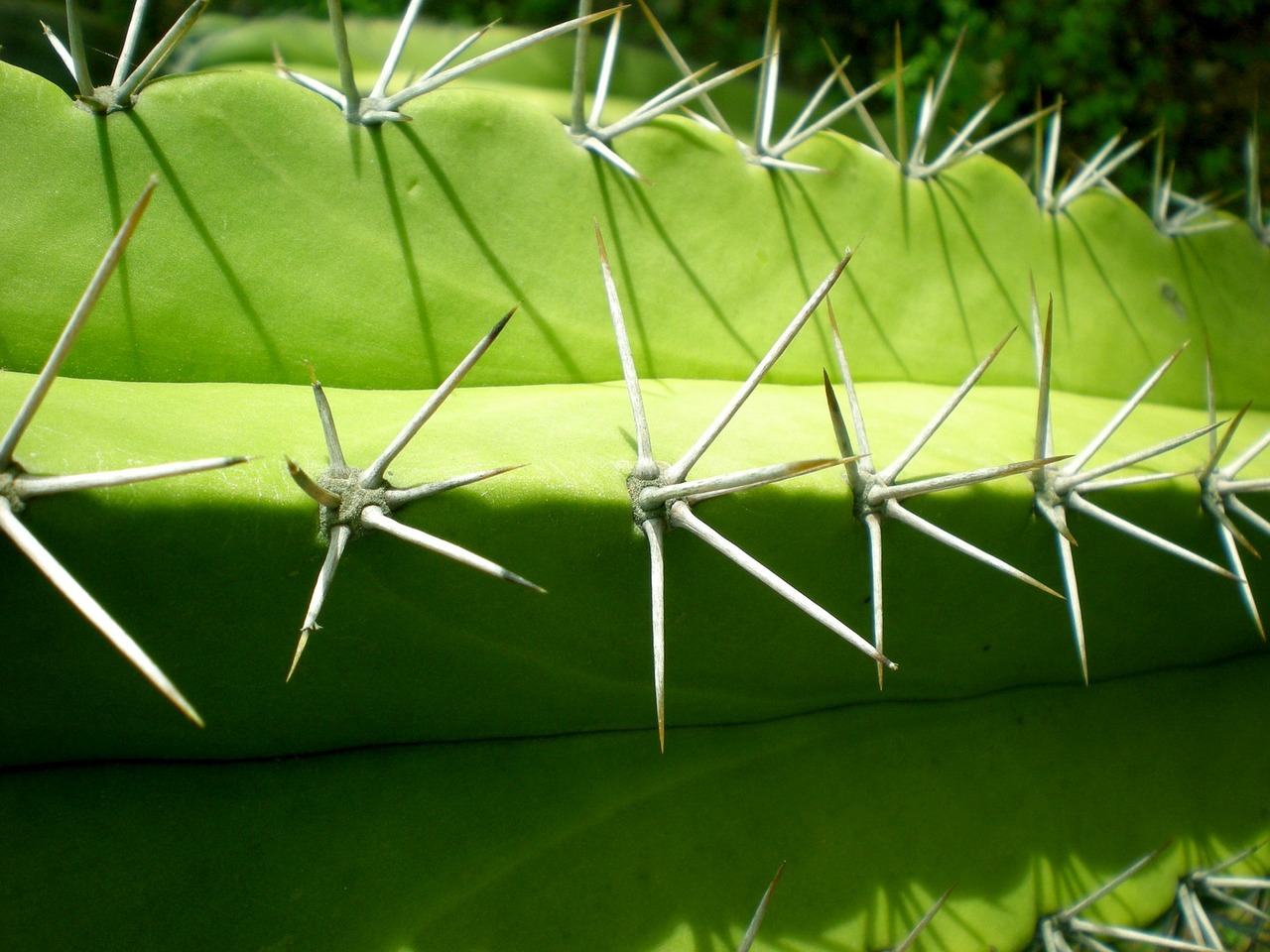
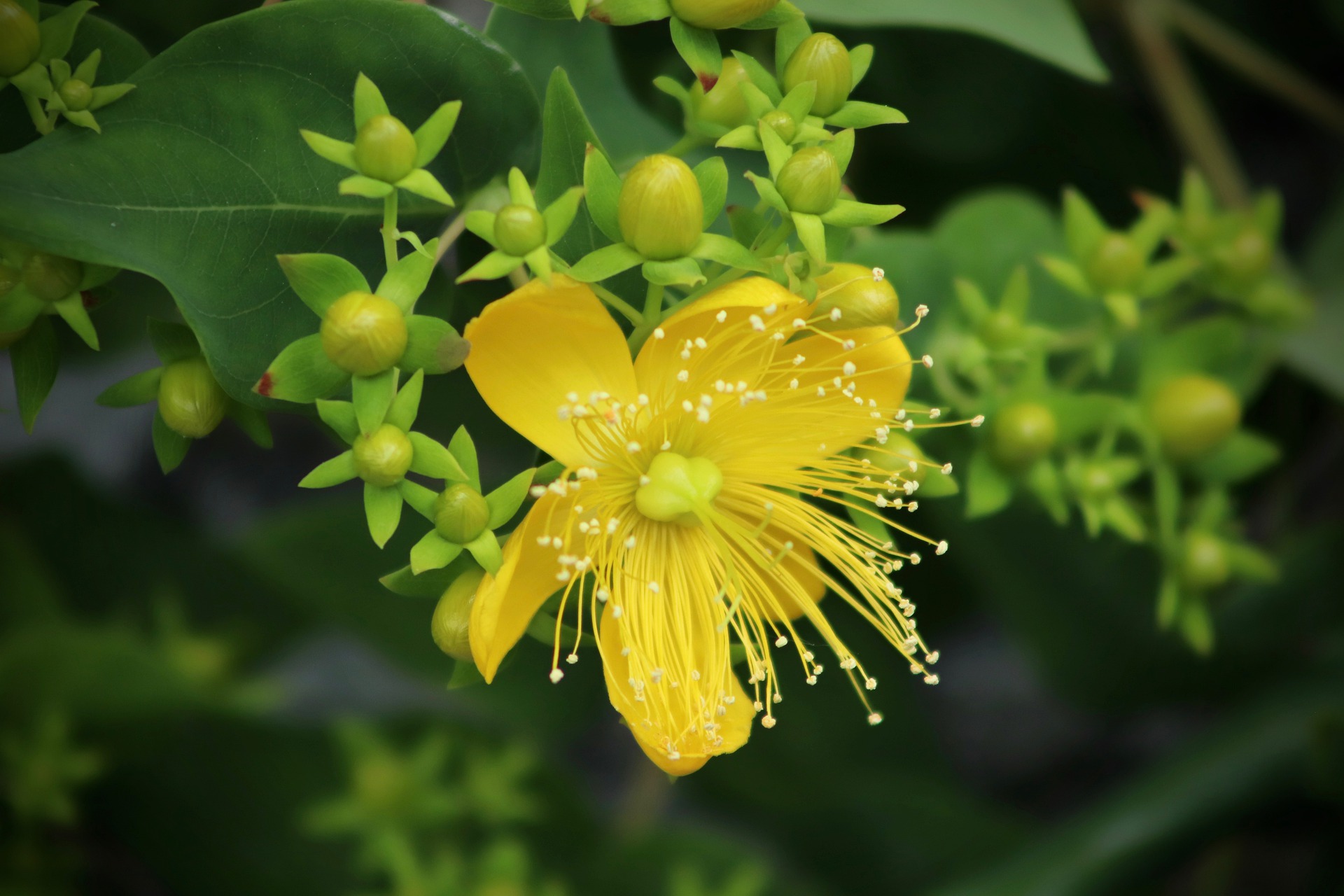
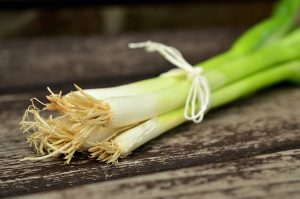
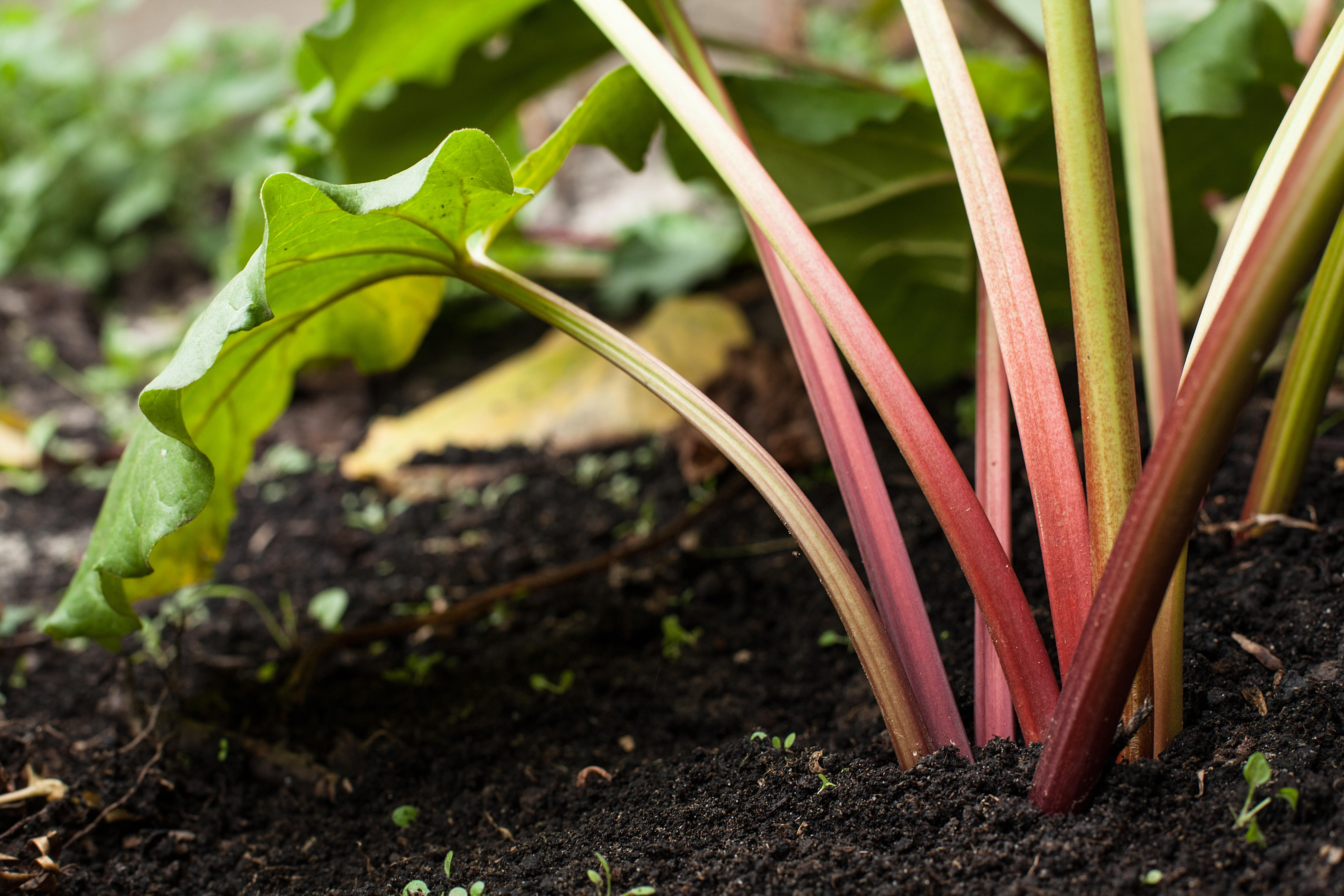
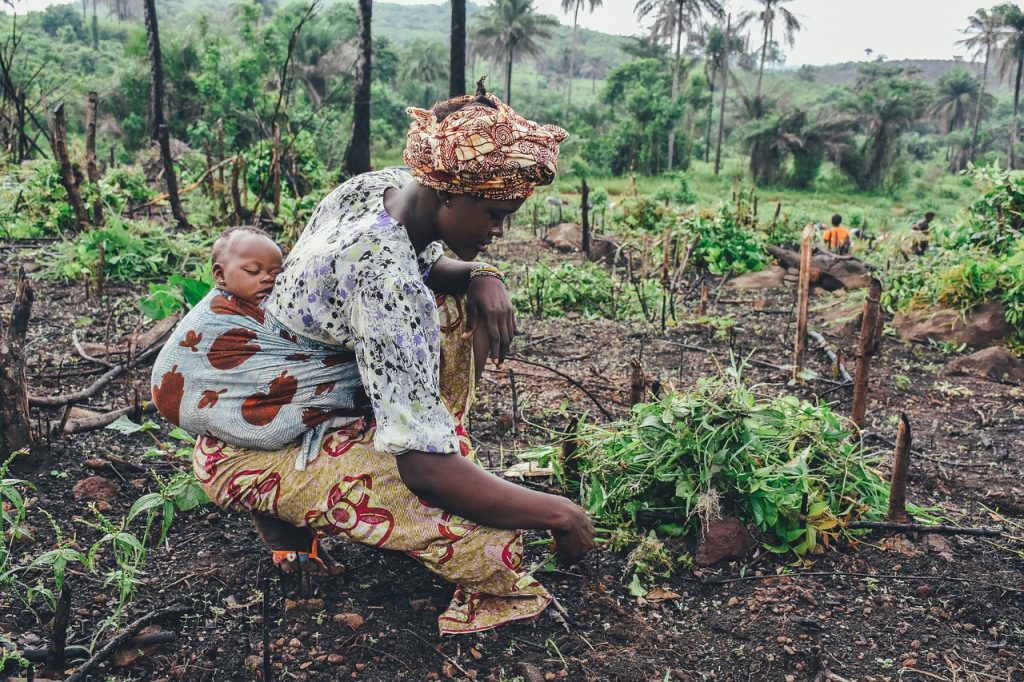
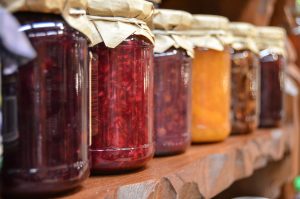
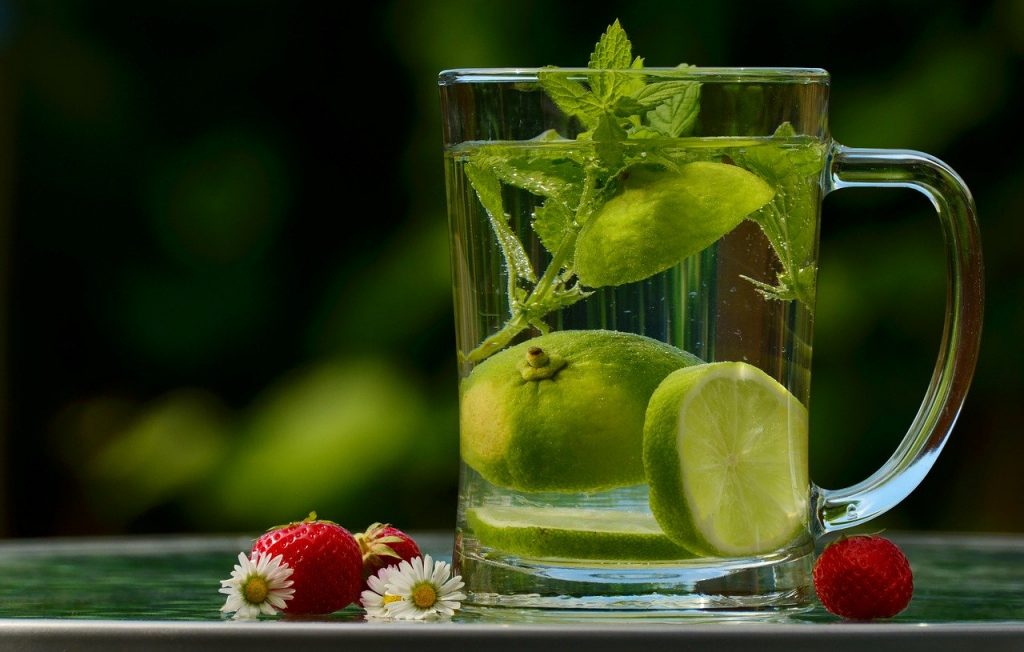
thx much for the invitation :). I am expert of pandemic, and i can help you.
PS: How are you? I am from France 🙂 very good forum 🙂 mixx
you are crazy to have poison ivy in your house
oh by the way my name is Kayla
I just got PlantSnap. Recently moved on a farm and seem to have so many poison ivy. And sumac, I really think it’s misidentification, when I send these for identification to them, do they respond, I’m desperate
They might not have time to respond to you, unfortunately. Poison Ivy and Poison Sumac are both quite common in disturbed farm areas, and it’s possible there’s quite a bit around. Steer clear until you can get a positive ID!
Ok, I wanna see that rare plant!
Nice idea
ME TOO